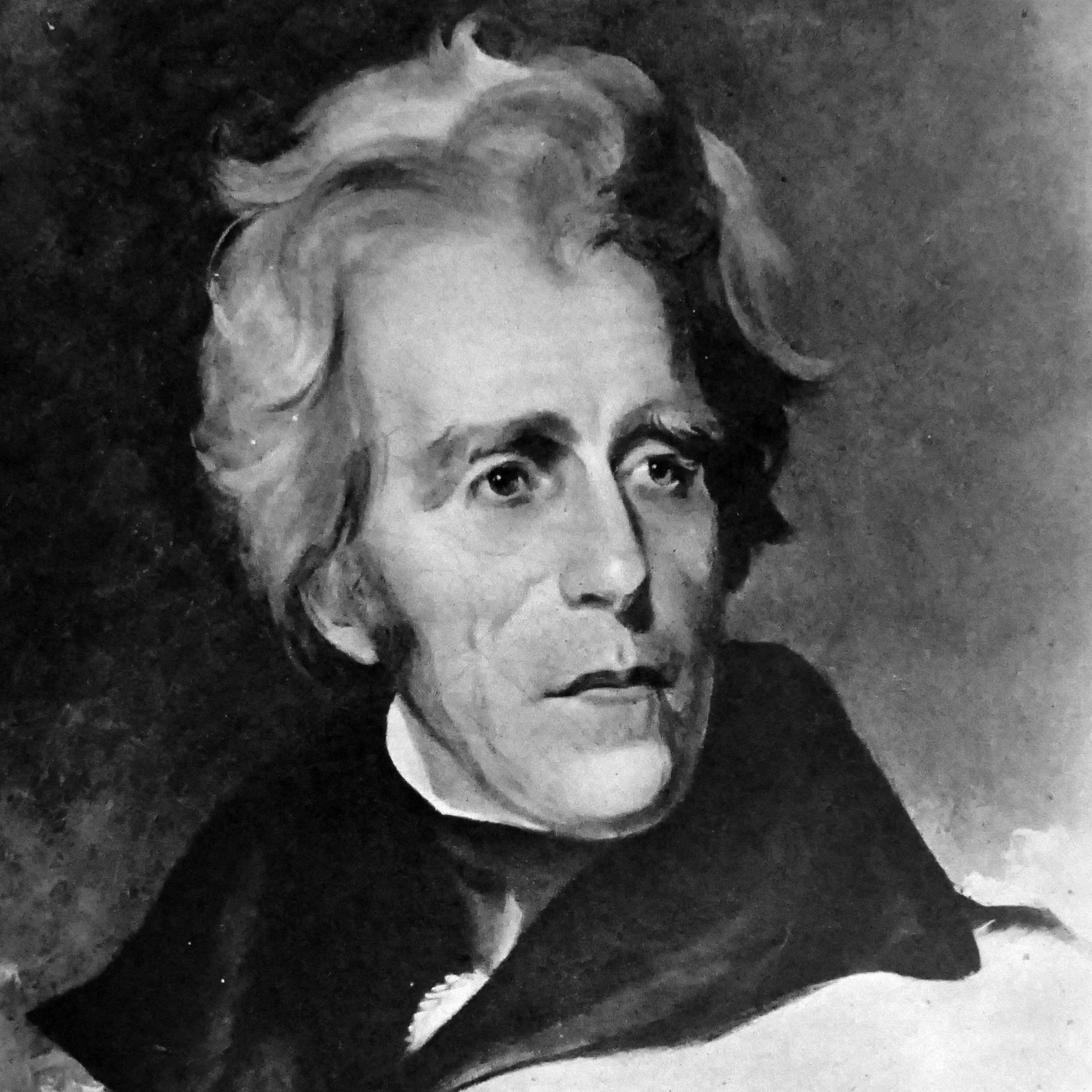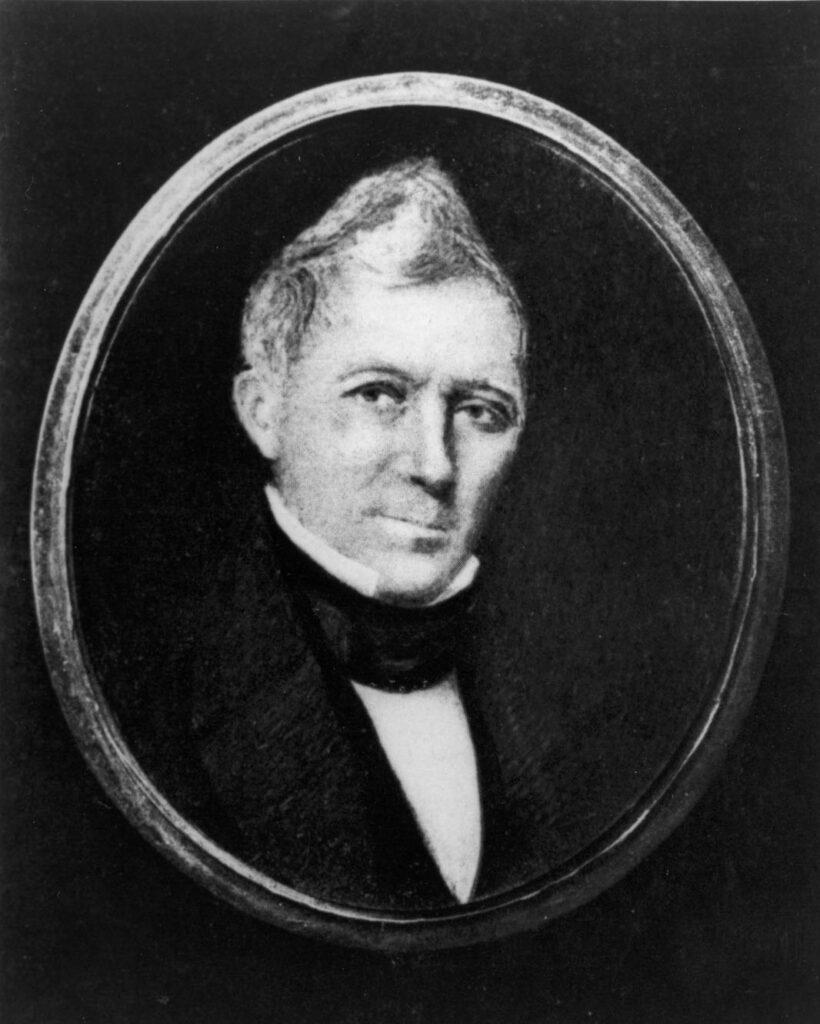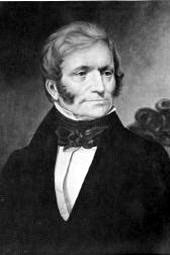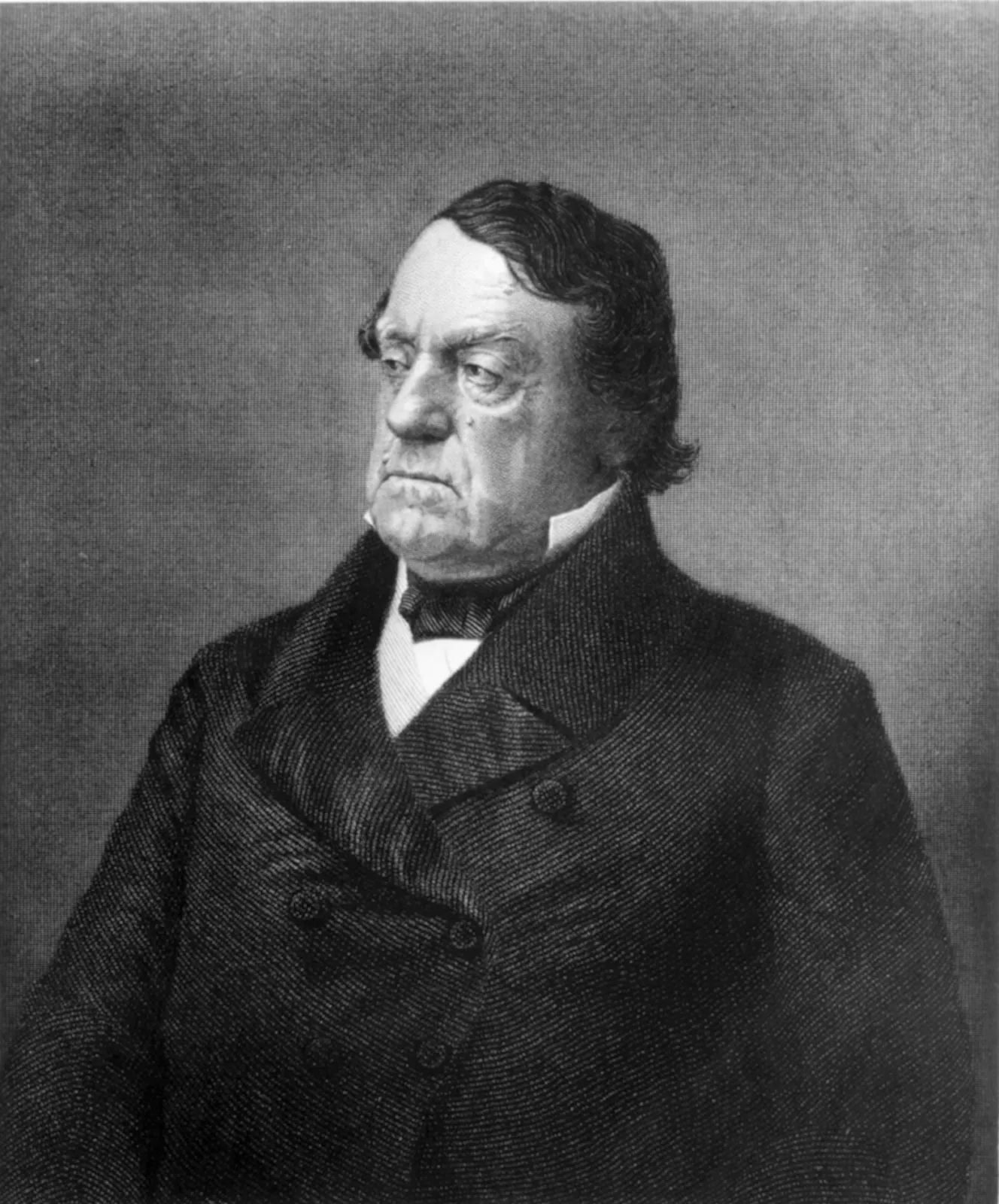
A photo of President Jackson. Source: National Gallery of Art

A photo of President Jackson. Source: National Gallery of Art
President Jackson
"…. And others who supported removal argued that American Indians were inferior, unintelligent, vulnerable, and unable to care for themselves. Supporters thought national security, states rights, and the expansion and development of the country superseded previous agreements made in treaties.Supporters saw that the removal process opened up an enormous amount of land in the south for further development which would help grow cash crops like cotton." (President Jackson)

A photo of Wilson Lumpkin. Source: New Georgia Encyclopedia
Wilson Lumpkin
Wilson Lumpkin, upset with past treaties which allowed Native Americans to remain within the borders of Georgia, was in favor of the Indian Removal Act.
"The boundaries of Georgia have been defined, recognized, and admitted, by circumstances of a peculiar kind. Her litigations in relation to boundary and title to her soil may justly be considered as having been settled "according to law." Her boundaries are not only admitted by her sister states, but by this General Government, and every individual who administered any part of it, Executive or Legislative, must recollect that the faith of this Government has stood pledged for twenty-eight years past to relieve Georgia from the embarrassment of the Indian population. It is known to every member of this Congress that this pledge was no gratuity to Georgia. No, sir, it was for and in consideration of the two entire states of Alabama and Mississippi"(Lumpkin Speech).

A image of John Forsyth. Source: State Department
John Forsyth
Yet another Senator from Georgia, John Forsyth responded to an opposing voter by trying to convince the senators that this bill was better for the Native Americans.
"Georgia Senator John Forsyth retorted by defending removal as a matter of states’ rights and declared that American Indians would be better off on western hunting grounds"(Bill of Rights Institute)

A photo of Lewis Cass. Source: Britannica
Lewis Cass
"Cass expressed his attitude about Native Americans in an essay he wrote in 1826. Cass said, "the Indians were inherently savage and incapable of assimilating.In an 1827 essay, Cass wrote, "The Indians are compelled to war of passions, they have not only no principles of religion or morality to repress their passions, but they are urged forward in their career of blood by all around them."Cass was not only a major orchestrator of the Indian Removal Act, but an advocate of "Popular Sovereignty," the doctrine of allowing states to vote whether or not to allow slavery." (Congleton)